Abishek Jebaraj
The latter half of 2018 saw a flurry of Constitutional bench judgements from the Supreme Court on issues from the opening of Sabarimala for women to the decriminalization of homosexuality. The passage of these judgements was accompanied by a sudden spike in public debate around the idea of Constitutional morality. The legitimacy of Constitutional morality in our polity was welcomed with open arms by the Left and viewed with some suspicion by the Right. Undeniably, any clamour over the notion of Constitutional morality revolves around ideas of substantive justice and rights under the Constitution, such as non-discrimination against women or the right to privacy. Only a few realize that constitutional morality originated with a different meaning – one that finds reference in Babasaheb Ambedkars’ Constituent Assembly speech, where he quotes the historian George Grote in viewing Constitutional morality as “A paramount reverence for the forms of the Constitution… and acting under and within these forms”.
The latter conception of Constitutional morality remains deeply relevant to some of the most important challenges that confront this moment in our nation’s history. As scores of farmers surround the national capital in protest against laws which they feel are an affront to their dignity, the Supreme Court of India is hearing a batch of petitions over the issue. While some Petitions before the Court challenge the constitutional validity of these farm laws, a few have challenged the right of the farmers to protest in this manner. In December, the Courtroom saw heated exchanges, including a remark from the Bench: that the first and only thing they were deciding concerned the farmers’ right to protest and that the question of the validity of the laws could wait. Sadly, one repeated refrain falling from the highest constitutional court in the land is that ‘the question over the validity of laws can wait’. The Farm Laws, the Electoral Bonds Law, the law scrapping Article 370, the Citizenship Amendment laws, the Unlawful Activities (Prevention) law – questions over the validity of these laws and more, only continue to wait.
As famously observed by the US Supreme Court in Marbury v. Madison – “It is emphatically the duty of the judicial department to say what the law is”. If there was one chief purpose for a Constitutional Court, it would be to prevent questions over the Constitutional validity of laws from unreasonable delay or from being decided through extra-Constitutional means. The Supreme Court is undoubtedly that branch of Government which enforces “a paramount reverence for the forms of the Constitution and the acting within these forms”. If Ambedkar had forewarned that Constitutional morality was not a natural instinct but had to be cultivated, it is the Supreme Court of India that carries the mantle of cultivator-in-chief. It is rather ironic that the Supreme Court has on more than one occasion preceded to opine on questions over peaceful protests, guaranteed under Article 19 of the Constitution – in the fear of these protests turning into anarchy, when its first duty remains to decide the validity of the very laws under peaceful protest. In fact, the Court plays a pivotal role in helping protests remain peaceful by resolving bitter democratic battles legally. Undoubtedly, a Constitutional court serves as a harbinger of constitutional morality only when it resolves citizen-State disputes through defined constitutional process.
That the Court in the last farm laws hearing forced the creation of a Committee to resolve disputes between citizen and state, because the executive failed to, is another thing altogether. One wonders whether in this moment, the Supreme Court has found itself snatching the executive’s shoes while slipping off its own. A moment when judicial overreach meets judicial underreach.
Abishek Jebaraj is an Advocate practising in the Supreme Court of India. The opinions expressed in this publication are those of the author.


Recent Comments